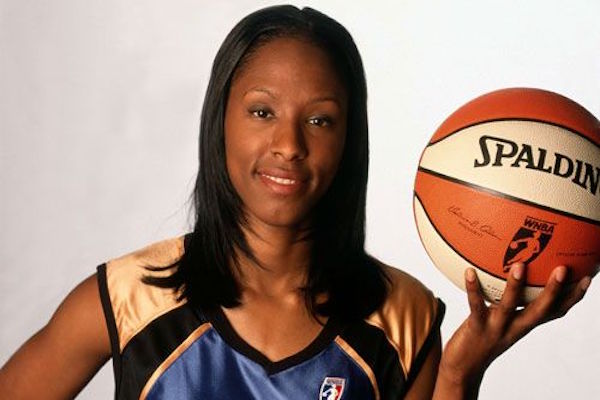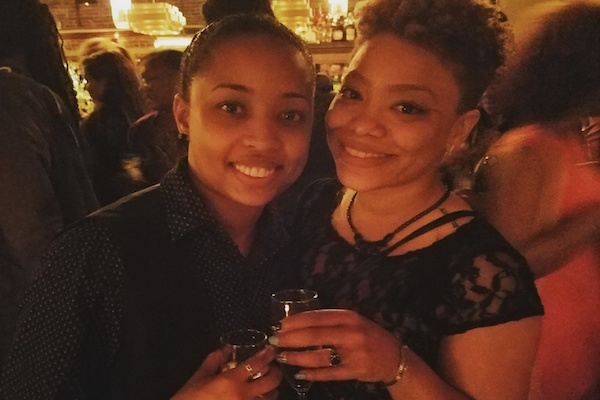

 Mother’s Day is approaching, and while many daughters are racking their brains and rushing around to find their mothers the perfect gift, I’m anxiously dreading the day when my Facebook feed will be flooded with thousands of posts of happy daughters writing about the love of their mothers. Don’t get me wrong: I’m extremely happy for my friends who know the love of a mother. This is something that I hope one day to give, but something that I have in large part never received. I, like some people in gay community and abroad, don’t have a mother.
Mother’s Day is approaching, and while many daughters are racking their brains and rushing around to find their mothers the perfect gift, I’m anxiously dreading the day when my Facebook feed will be flooded with thousands of posts of happy daughters writing about the love of their mothers. Don’t get me wrong: I’m extremely happy for my friends who know the love of a mother. This is something that I hope one day to give, but something that I have in large part never received. I, like some people in gay community and abroad, don’t have a mother.
Some mothers we lose, and some mothers choose to leave. Whether by choice or by chance, grappling with the loss of a mother on a day like Mother’s Day can be a punch to the gut. I can’t imagine the pain of losing a loving mother to breast cancer, a drunk driver, or some other terrible tragedy; I can only empathize with the gaping hole that’s left on a day like Mother’s Day.
Many of us in the gay community struggle with strained and/or estranged relationships with our mothers, or neglect and abandonment by the women who gave us birth. Abandonment can be mental or physical; mothers can emotionally abandon their roles as caregivers for their children or they can physically abandon their children. As many as 40% of homeless youth identify as LGBTQ and cite family rejection as the leading cause. The harsh reality is that the love of a mother sometimes does not outweigh the hatred and resentment for homosexuality.
The woman who chose to give me birth left long before I developed my sexuality. The last thing I heard about her was she was working at McDonald’s and living in a group home. When it comes to my “mother,” everything’s a mystery. I’ve been told she’s bipolar, a schizophrenic, and a drug addict, and my few childhood memories of her seem to confirm this. I remember standing in the kitchen, watching her holding up a fork, laughing and talking to it like she was having the time of her life. I remember that she would beat me for the weirdest things—like leaving my clothes on the floor or accidentally spilling my juice—things that kids just do, but as I got older, she seemed to let up a little. She’d just come home with a brown paper bag, go upstairs to her room and lock the door, blasting Tori Amos until she passed out. I remember reading the letter she left on the bed, addressed to a judge, that stated she never wanted kids. I was 10 years old, far too young to feel anything other than confusion.
Growing up without a mother is hard on a woman: I was always the last one to find out about things like shaving, makeup, and other female-specific hygienic practices. I remember the embarrassment and shame I felt at 12 years old, when a kid pointed at my hairy armpits and laughed at me in disgust. I never had a female role model to talk to me about shaving, or buy me razors. There were many times I turned down a chance to swim in a pool, because I never had a female role model to teach me about tampons. Studies show that a mother has a large impact on a daughter’s body image, which explains why I always struggled with mine.
But enough about the past! I’m not a victim of my mother’s abandonment, but rather, a stronger, more resilient woman in spite of it.
It took me a long time to process, but now that I’m in my 30s, I’m largely appreciative of the fact that she left. After all, studies show that a mother has a huge influence on her child’s development, in which case my mother leaving is probably the best thing she could have ever done for me. And the best thing I’ve ever done for myself is seek therapy, a supportive friendship circle, and opportunities to share my experiences with other survivors so that I ensure her leaving has no long lasting negative effects on my future, my relationships, and my life. We can’t control what happens to us, but we can control our reactions, and I refuse to let myself drown in a victim mentality.
Instead of lamenting my mother’s absence on Mother’s Day, I choose to celebrate myself. After all, I did do a pretty fantastic job of raising myself, educating myself, and teaching myself how to maneuver through this crazy thing called life. For anyone struggling with abandonment on a day like today, forgiveness, gratitude, and self-love can be the key to reclamation.
In time, I know the meaning of Mother’s Day will change. One day I will become a mother, and the focus will shift to the mother-child bond my partner and I will experience with our children. I know I’ll be able to give my children what the woman who gave me birth never gave me to me, and that is the greatest comfort of all.